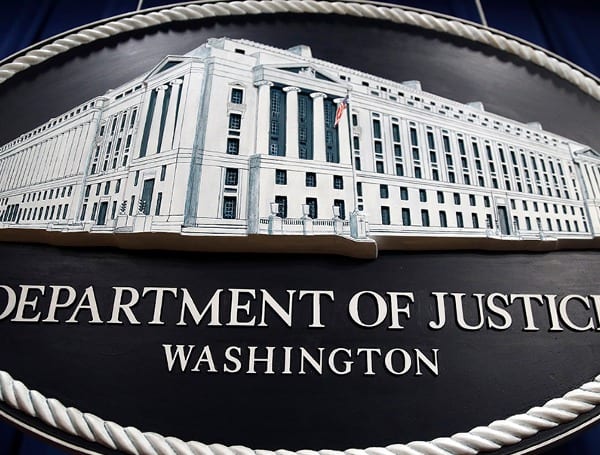On Dec. 23, 2020, President Donald J. Trump signed into law the Criminal Antitrust Anti-Retaliation Act (the “Act”), which prohibits employers from retaliating against certain individuals who report criminal antitrust violations. The Act was sponsored by Senator Chuck Grassley, passed the Senate on Oct. 17, 2019, and passed the House of Representatives on Dec. 8, 2020.
“We thank the President, the Senate, and the House of Representatives for their bipartisan commitment to criminal antitrust enforcement,” said Assistant Attorney General Makan Delrahim of the Department of Justice’s Antitrust Division. “By incentivizing disclosures of anticompetitive conduct, the Act will strengthen the Antitrust Division’s criminal enforcement program, a cornerstone of our mission to protect the American consumer.”
The Act supplements a range of recent initiatives designed to support the detection, investigation, and prosecution of criminal antitrust violations. Last month, the Antitrust Division celebrated the one-year anniversary of the Procurement Collusion Strike Force with the addition of 11 new national partners. The Procurement Collusion Strike Force is a coordinated national response to combat antitrust and related schemes in government procurement, grant, and program funding at all levels of government. In October 2020, the division applauded President Trump’s authorization of the Antitrust Criminal Penalty Enhancement and Reform Permanent Extension Act, which had been supported by the department. In July 2019, the division announced a new policy designed to incentivize corporate compliance with the antitrust laws.
From Fiscal Year 2010 to 2019, the Antitrust Division’s criminal prosecutions have resulted in over $9 billion in criminal fines and penalties, along with jail terms for more than 250 individuals. Since the fall of 2019 alone, courts have imposed four criminal fines and penalties at or above the Sherman Act’s $100 million statutory maximum, and the division has prosecuted antitrust violations affecting generic drugs, cancer patients, grocery store staples, and financial markets.


